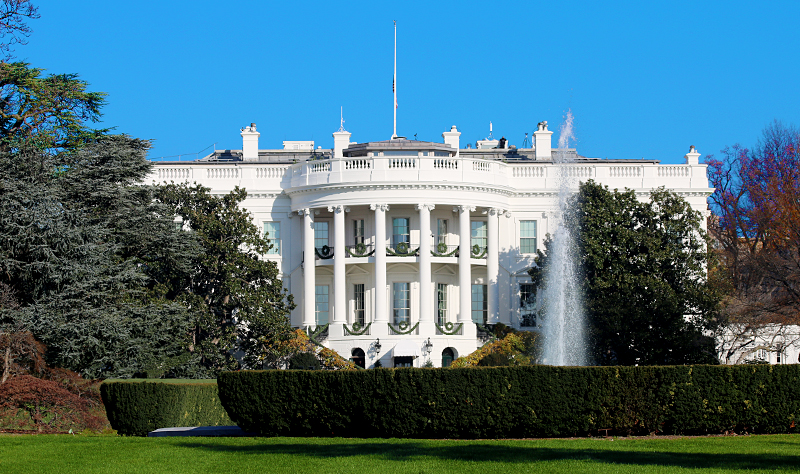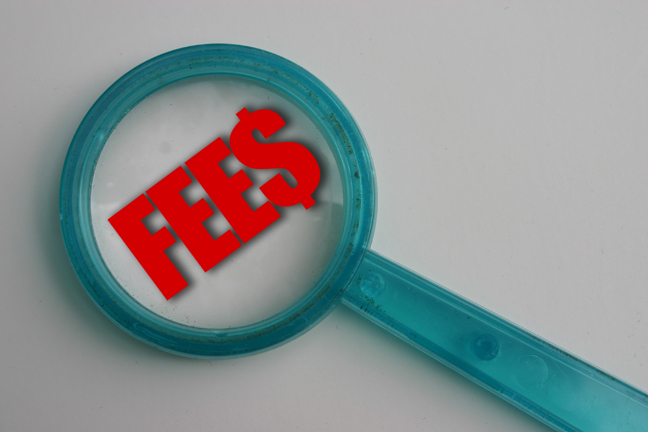The Federal Trade Commission of the United States is requesting your input pertaining to its proposed trade regulation rule entitled Rule on Unfair or Deceptive Fees, which would prohibit unfair or deceptive practices relating to fees for goods or services…
Rule on Unfair or Deceptive Fees: Your Input is Requested

…but the deadline for you to post your comments — or mail them in, if you prefer — is Monday, January 8, 2024.
The goal of the new proposed rule is to prohibit junk fees, which are hidden and bogus fees that can simultaneously harm consumers and undercut honest businesses. The Federal Trade Commission has estimated that these fees can cost consumers tens of billions of dollars per year in unexpected costs. Two of many examples of these fees in relation to travel are mandatory resort fees within the lodging industry and carrier-imposed fees in the commercial airline industry.
The total costs of goods and services are specifically misrepresented when mandatory fees are deliberately omitted from advertised prices, which often leads to the misrepresentation of the nature and purpose of mandatory fees. Consumers either become confused as to what they are expected to pay; or they are surprised when they find out what are the true total cost of the goods and services when the time comes to pay for them.
“The Commission finds these unfair or deceptive practices relating to fees to be prevalent based on prior enforcement, the comments it received in response to an advance notice of proposed rulemaking, and other information discussed in this proposal”, according to the official notice of this proposed rule. “The Commission now solicits written comment, data, and arguments concerning the utility and scope of the trade regulation rule proposed in this notice of proposed rulemaking to prevent the identified unfair or deceptive practices.”
This is not the first time that the federal agency has called attention to unfair and deceptive fees. As a result of an investigation in 2012, the Federal Trade Commission — which is a division of the United States government charged with protecting the American consumer — had warned 22 hotel operators that their Internet reservation web sites may violate the law by providing a deceptively low estimate of what consumers can expect to pay for their hotel rooms. “Consumers are entitled to know in advance the total cost of their hotel stays,” Jon Leibowitz — who was the chairman of the federal agency in 2012 — said in this official press release by the Federal Trade Commission, at which a copy of the warning letter in Portable Document Format is included. “So-called ‘drip pricing’ charges, sometimes portrayed as ‘convenience’ or ‘service’ fees, are anything but convenient, and businesses that hide them are doing a huge disservice to American consumers.”
Drip pricing is the concept of when a company advertises only one part of the price of a product or service while not revealing or disclosing other associated charges until later in the buying process. The implementation of mandatory resort fees is one form of drip pricing.
All Kinds of Mandatory Hidden Fees in the Travel Industry

Mandatory “hidden” fees have become increasingly prevalent within the United States; and they have slowly been spreading to other countries. Lodging companies engage in charging these fees to advertise artificially “lower” rates to attract unsuspecting customers — only to alert the customer pertaining to the addition of mandatory fees during the process of booking a reservation and justifying the extra fee with some nonsense items that are designed to give the illusion of adding value. For example, this mandatory resort fee includes notary services with a maximum of two documents per day.
An increasing number of hotel and resort properties — and even hostels and motel properties, for that matter — have been charging guests a mandatory:
- Resort fee
- Room fee
- Destination fee
- Amenities fee
- Facilities fee
- Damage waiver fee
- Fee for having a safe in the room — but yet the hotel property is not responsible for valuables
- Parking recapture fee — whatever that is
- Historical Commitment fee — which should be more aptly named the Hysterical Commitment fee
Imagine these few of many examples of being:
- Charged as much as $8,257.00 for staying a week at this resort property
- Forced to pay both a service charge and a resort fees on the same hotel folio
- Charged a mandatory resort fee of $40.00 plus tax twice per night of the same stay at the same hotel property
Astonishingly, guests even get to have the privilege of paying taxes on most mandatory fees. In some cases, the mandatory fees are actually more expensive than the room rate itself. For example, a room rate that was advertised at $23.45 per night wound up totaling $79.37 per night when all of the taxes and mandatory fees were added, which is an increase of greater than 238.46 percent — or more than triple the initial advertised rate.
Final Boarding Call

Even though the pressure keeps mounting on companies in the travel industry — especially lodging companies — to eliminate mandatory hidden “junk” fees which include but are not limited to…
- The Transparent Airfares Act of 2014
- The Hotel Advertising Transparency Act of 2019
- The Hotel Advertising Transparency Act of 2022
- The bipartisan Hotel Fees Transparency Act
- A law in California to prohibit hidden fees in 2024
- An effort by the president of the United States himself with the Junk Fee Prevention Act
…the federal government of the United States and other governments have done little in favor of the consumer over the years.
Mandatory “hidden junk” fees need to cease once and for all — preferably without inept government intervention — but at least they will be illegal in the state of California, which should at least be a small victory for the consumer.
Do your part to pressure companies to stop imposing ridiculous, useless, and unwanted mandatory fees and forcing you to pay them:
- Vote with your wallet or purse by minimizing your patronization of businesses which impose these mandatory fees
- Better yet, eliminate patronizing those companies altogether — if possible
- If you must patronize a lodging company that imposes mandatory fees, you can try negotiating the elimination of that mandatory fee from your folio or bill with a manager, which is usually more successful than you might think
- Try this one simple proven way to reclaim that resort fee which you paid
Photograph and graphic illustration ©2012 Brian Cohen. All photographs ©2016 and ©2020 by Brian Cohen.

